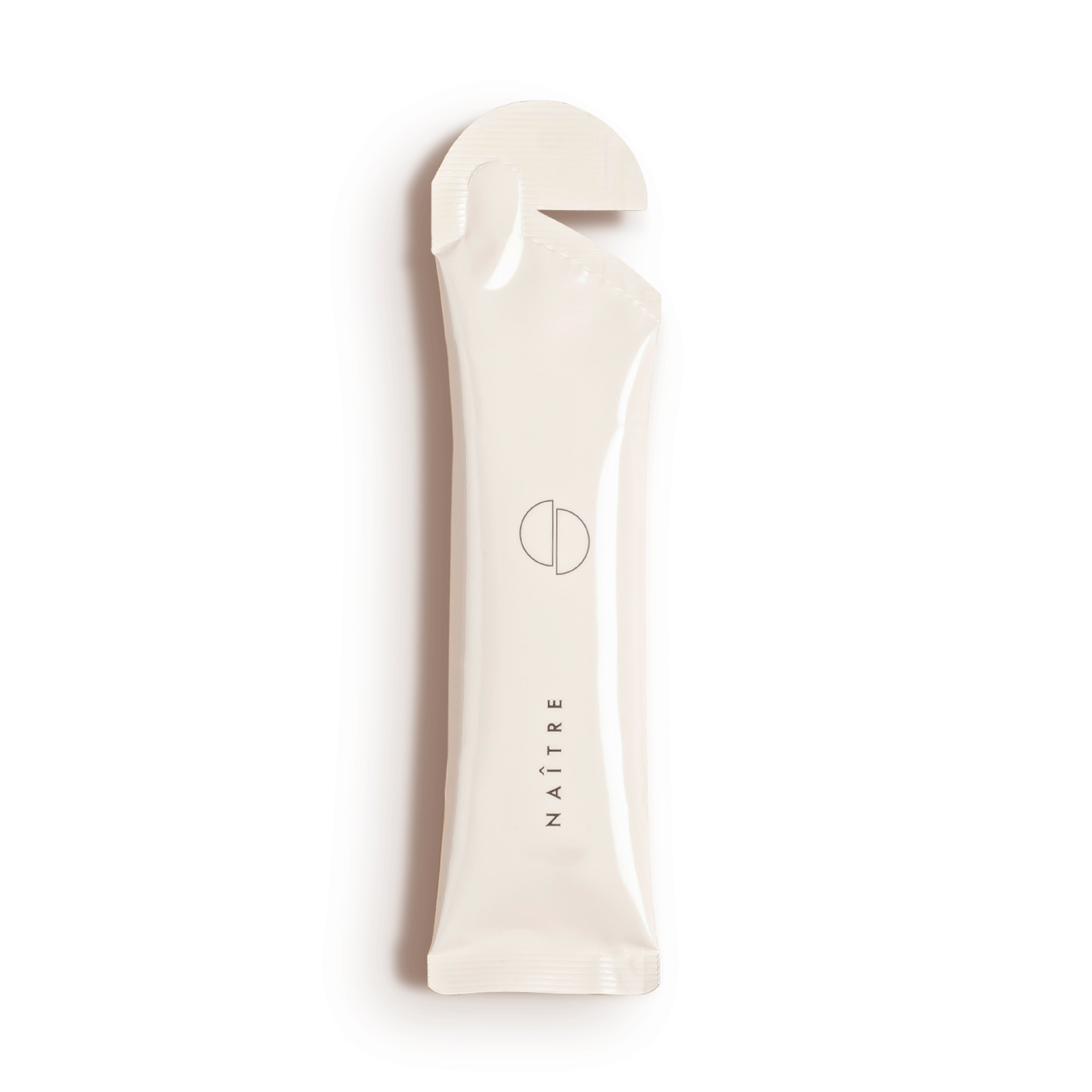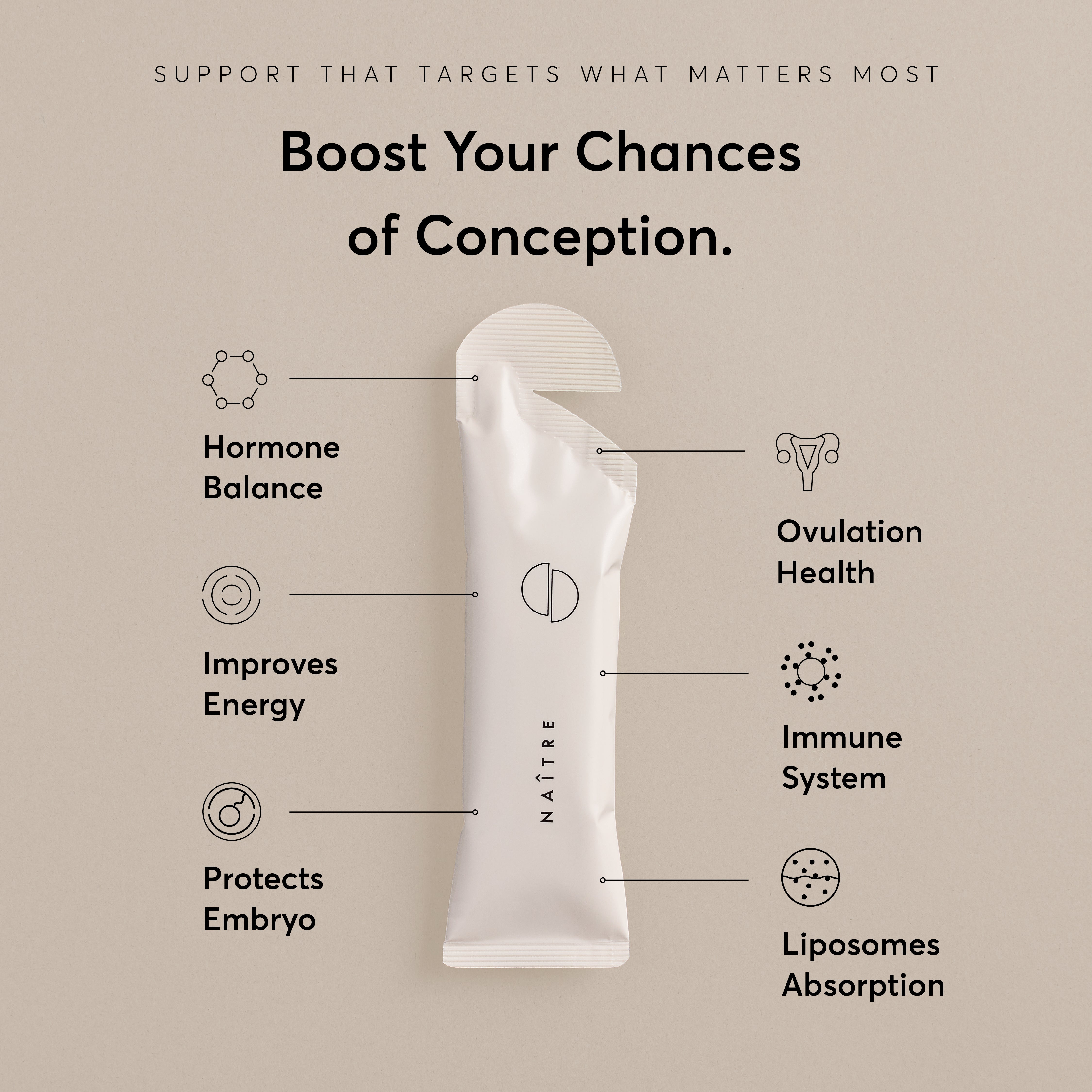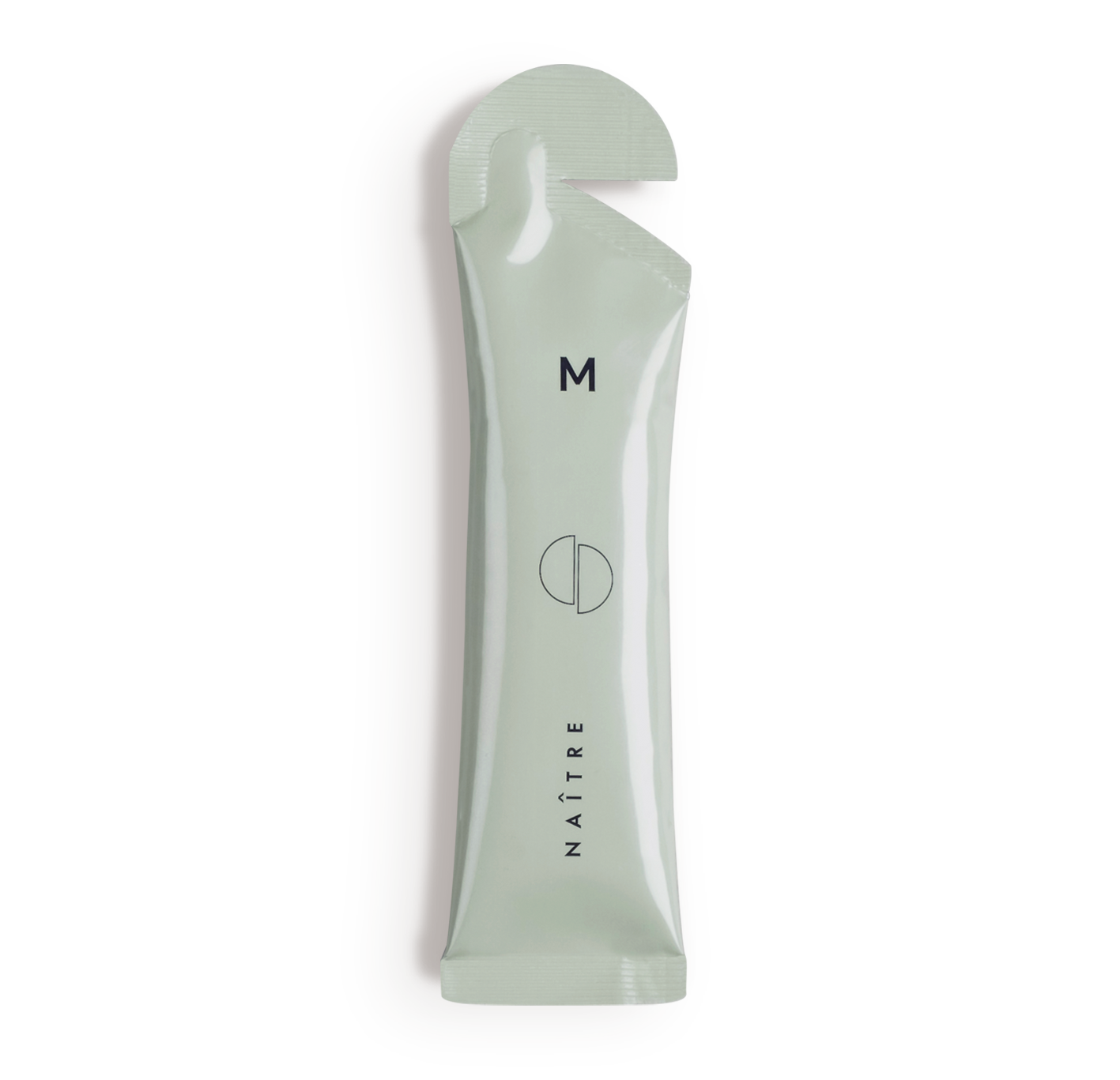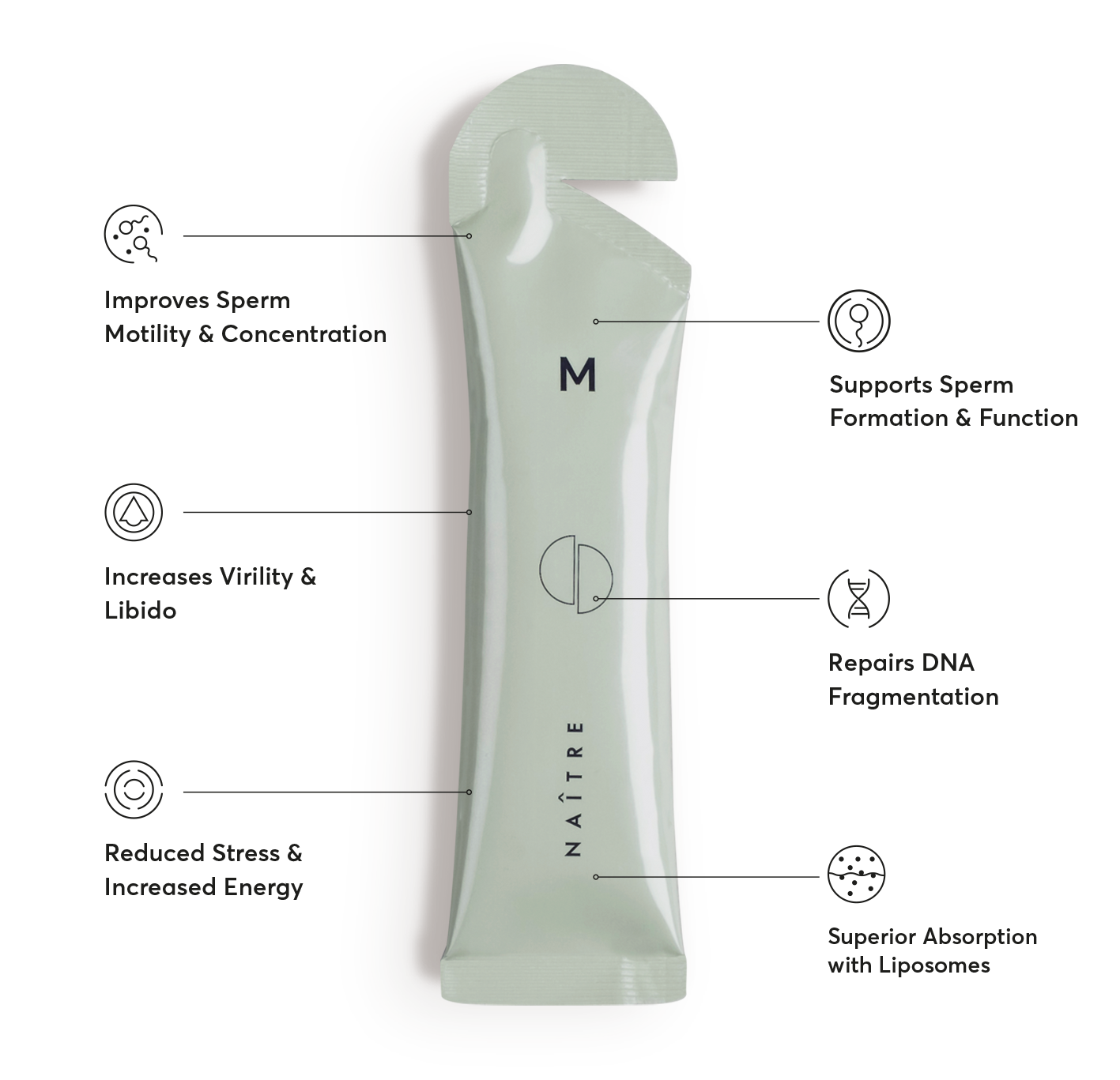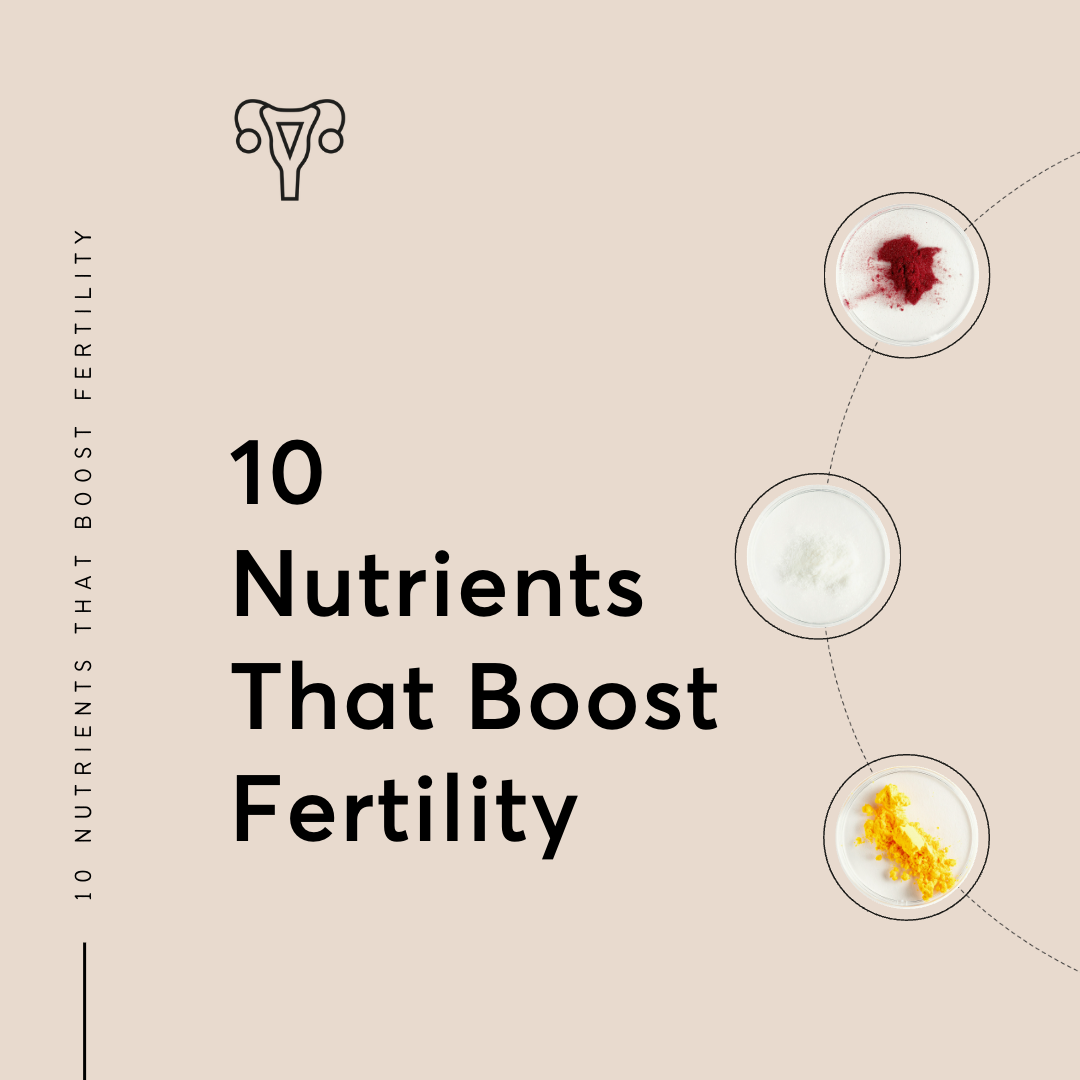
Fertility is a complex and deeply personal topic that can impact people of all genders.
While there are many factors that can affect fertility, including genetics and lifestyle, nutrition plays a vital role in supporting reproductive health. In this comprehensive guide, we'll explore 10 key nutrients that have been shown to boost fertility and promote overall reproductive wellness.
From folate to vitamin D, these nutrients can help support healthy ovulation, sperm production, and foetal development. Whether you're trying to conceive or simply want to support your reproductive health, understanding the importance of these nutrients can be a crucial step towards achieving your goals.
1. Folate:
Folate, also known as folic acid, is a B vitamin that's essential for healthy foetal development. It also plays a role in ovulation and implantation. Good sources of folate include leafy greens, beans, and fortified cereals.
2. Zinc:
Zinc is crucial for both male and female fertility. It's involved in the production of healthy sperm and eggs, and also helps regulate hormone levels. You can find zinc in oysters, beef, and pumpkin seeds.
3. Vitamin D:
Low levels of vitamin D have been linked to infertility in both men and women. Vitamin D helps regulate ovulation and may also improve sperm count and motility. The best source of vitamin D is sunlight, but you can also get it from fatty fish, eggs, and fortified milk.
4. Magnesium:
Magnesium is an important mineral that is involved in many bodily functions, including muscle and nerve function, blood sugar regulation, and energy production. Magnesium has also been linked to fertility. Studies have shown that magnesium supplements can improve sperm quality and motility. Magnesium can be found in foods such as leafy greens, nuts, and whole grains, but it can also be taken in supplement form. Naître's Men's Fertility Formula includes magnesium to support fertility and overall reproductive health.
5. N-Acetyl Cysteine (NAC):
N-Acetyl Cysteine (NAC) is a powerful antioxidant and amino acid that plays an essential role in supporting reproductive health. Studies have shown that NAC supplementation can improve fertility in both men and women. In women, it helps regulate the menstrual cycle, improves ovulation, and enhances the quality of cervical mucus, making it easier for sperm to reach the egg. In men, it improves sperm motility, count, and morphology. NAC works by increasing the levels of glutathione in the body, a potent antioxidant that helps protect the reproductive cells from oxidative damage.
6. Vitamin E:
Vitamin E is an antioxidant that may improve fertility by protecting eggs and sperm from damage. Good sources of vitamin E include almonds, sunflower seeds, and spinach.
7. Selenium:
Selenium is important for healthy sperm production. It also helps protect eggs and sperm from damage. You can find selenium in Brazil nuts, tuna, and whole wheat bread.
8. Coenzyme Q10:
CoQ10 is an antioxidant that's important for energy production. It may also improve egg and sperm quality. Good sources of CoQ10 include fatty fish, organ meats, and whole grains.
9. Vitamin C:
Vitamin C is another antioxidant that may improve fertility by protecting eggs and sperm from damage. It also helps with hormone production. You can get vitamin C from citrus fruits, kiwi, and bell peppers.
10. B vitamins:
B vitamins are important for overall health and may also improve fertility. They help regulate hormone levels and improve egg and sperm quality. Good sources of B vitamins include whole grains, leafy greens, and eggs.
Remember, getting these nutrients from food is always the best option. However, if you're having trouble getting enough of these nutrients from your diet, supplements may be helpful.
Overall, incorporating these 10 key nutrients into your diet can be an excellent way to support your reproductive health and boost your chances of conception. While no one nutrient is a magic bullet for fertility, research has shown that these vitamins, minerals, and antioxidants can play an important role in promoting healthy ovulation, sperm production, and foetal development.
Of course, nutrition is just one piece of the puzzle when it comes to fertility. Lifestyle factors, genetics, and other health conditions can also impact your reproductive health, so it's important to take a holistic approach to your wellness. By working with your healthcare provider, eating a balanced diet, and making healthy choices in your daily life, you can take steps towards optimising your fertility and achieving your reproductive goals.
So whether you're planning to start a family or simply want to support your reproductive health, consider incorporating these 10 nutrients into your diet. And for more information and resources on fertility and reproductive wellness, be sure to check out the other articles on our Journal.

